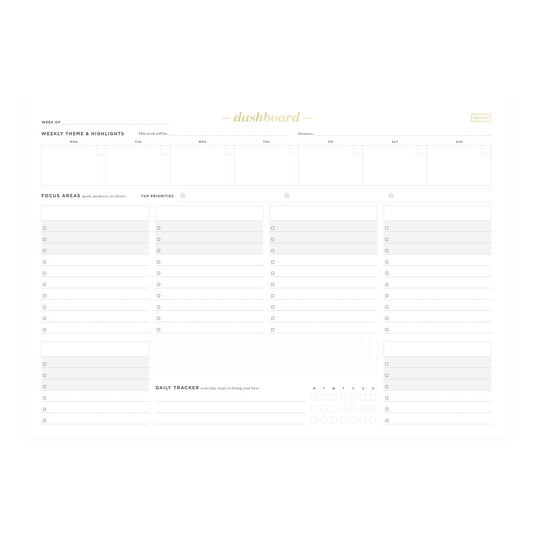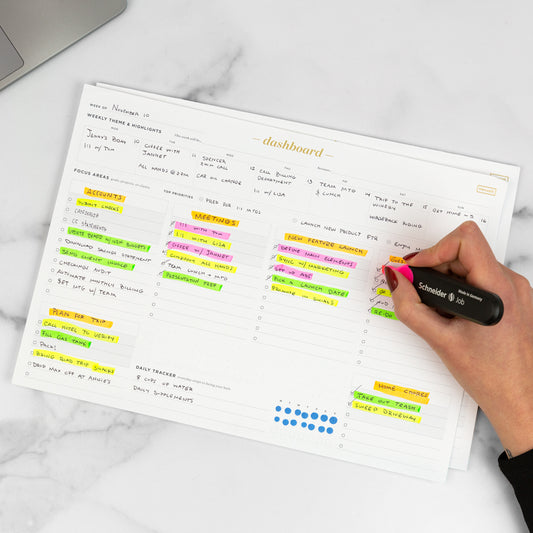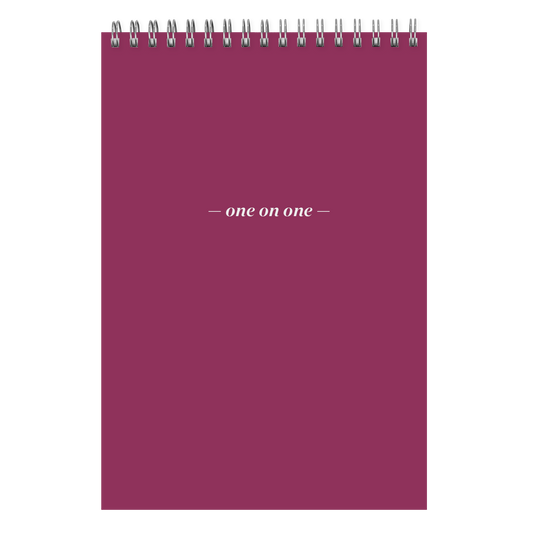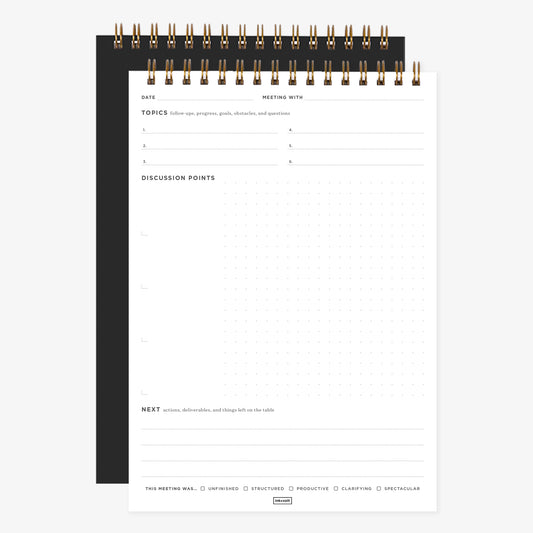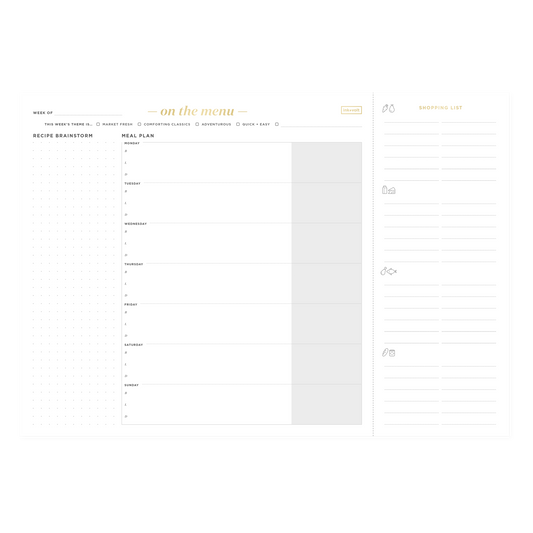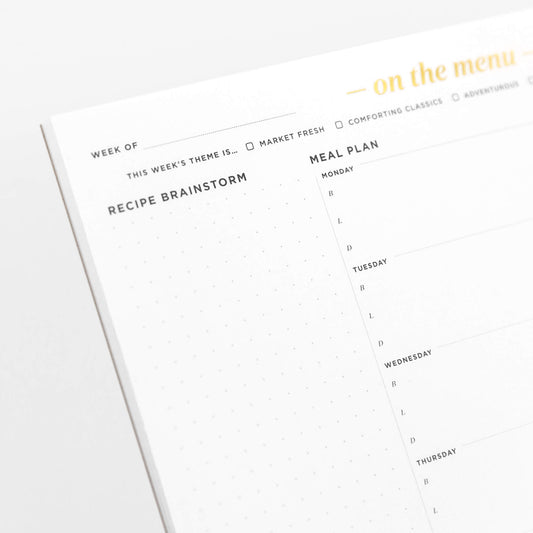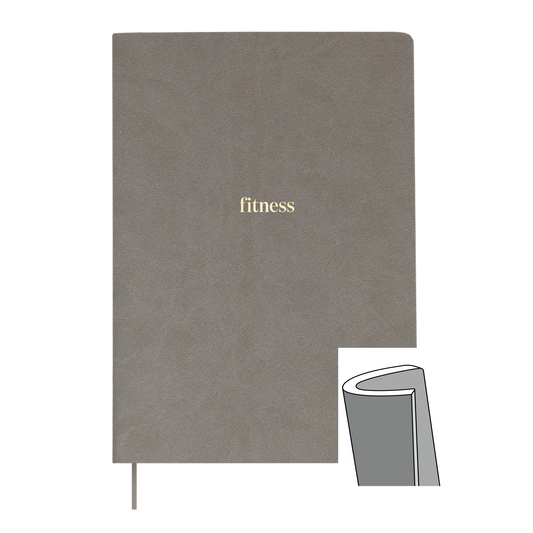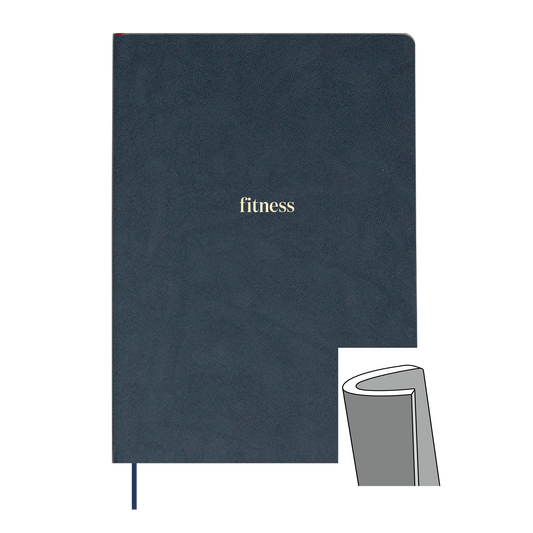Do you have a career plan? We’re here to help you get your dream job.
(If you don’t yet have a career plan – or know quite what you want to do – check out How to Create a Career Plan and get started.)
Once you’ve created your career plan, it’s time to differentiate between “career plan” and “landing your dream job.”
When we discuss a career plan, we’re considering that ladders we need to climb, the positions we need to take, the projects to create, and the status we want to accomplish. We’re thinking linearly, like a path.
However, a dream job is a very different beast. During the course of your career, you may enter stages that don’t necessarily follow a clear path. You’re accomplishing tasks. You’re leading a team. You’re spearheading projects. But the job is a means to an end — you’re gathering skills and experience to help you get where you want to go.
A dream job implies that when you wake up in the morning, you’re almost always stoked to get dressed, get caffeinated, and get into the office. You think of your job after-hours; ideas for projects, solutions, and strategies pop into your head while you’re in the shower and you’re not even mad about it.
Dream jobs seem to magically achieve a natural work-life integration, needing less separation and instead nurturing the time you spend away from your professional tasks.
In this guide, we’re going to help you understand what your dream job could truly be, and give you all the tips you need to land it.
To get your imagination flowing, here’s a handful of recognizable traits of a dream job:
- You work in a socially nurturing environment that fits your temperament (introverted, extraverted, somewhere in between), and you typically leave work feeling energized (or at the very least, not drained) by your coworkers.
- The pay is competitive in your industry, and more than your basic life needs are met. There are easily understandable pathways for progression and financial incentives, and you see a personal reward for the success you create for the company.
- Leadership leaves you and your fellow staff members feeling empowered, heard, understood, and important – even when providing tough feedback.
- The company values and priorities are aligned with yours, and you often find yourself energized when talking about your employer to friends and family.
- Workplace (or work-from-home) pace matches your daily pace comfort level, with an equally satisfying assortment of challenges, capacity-stretching projects, and periods of reflection and incubation.
Before you start to think this dream job doesn’t exist, it does. And, there isn’t just one. Dream jobs are just as much cultivated as they are found.
You may find a company you love or a team that satisfies your social style, but you may need to work on your job description and daily expectation to fine-tune the dreaminess of your employment.
But here’s the good news: that is totally possible. You can actually create your dream job for yourself.
Grab your journal or a blank sheet of paper and complete this activity:
Let’s discover what makes your dream job. We’re going to go soul-deep, so be prepared to see big dreams, seemingly impossible feats, and fairy-godmother strength wishes.
While we don’t have a magic wand on hand; when you’re armed with clarity and positive intent, you are capable of anything.
It is only when you really know where you want to end up that you can create a plan that will actually get you there.
Copy each of these prompts into your journal, one at a time, and write at least one to two sentences for each answer. But really, write as much as you can.
- What are all the things I am professionally and personally good at?
- What are all the things I love to do, with a special focus on professional skills, artistic expression, or community improvement?
- What do I believe the world needs that I could provide?
- What do I believe I could be paid for that I am good at, and that I enjoy doing?
- At the end of my life, what impact do I want to have made on the world?
- What personality traits are most important to me in choosing friends and partners?
- What are my top values and priorities in life – what do I get up in the morning for? And what do I go to bed thinking about?
- Name a few companies you believe that aligned ethics, ideologies, or practices with your own.
- Have you ever thought, “if someone would just pay me to do that…”? Write down what someone could pay you to do that would be totally awesome.
- How do you believe employees should be rewarded for meeting and exceeding company expectations?
- Who is the most inspiring manager or leader you’ve ever worked with? How did they lead?
- What makes you feel valued, appreciated, and satisfied?
- What is your favorite way to relax? How do you recharge, and how much time do you need to do it?
- Did you have a favorite team project experience in school? Or a least favorite? Write about those experiences.
- How much money do you realistically need to earn to live comfortably, beyond your base needs?
- What type of freedom do you enjoy (or wish you could enjoy) in your daily life, while still maintaining your job?
- What treatment or behavior could you never stand for in a workplace environment?
- What workplace challenges have you faced in the past? How did you overcome them? What would you do differently?
- If you had an entire year’s salary to create a project, masterwork, or sizable impact of your own design, what would you create?
- What makes you feel like you’re getting smarter? Is it reading about something new, or brainstorming ideas with peers, or maybe trying out new ideas in a real setting?
Reflect on your answers and record reoccurring themes on a separate page.
Your recurring themes should include:
- Personal values, priorities, and intentions.
- Activities that energize and motivate you to work.
- Elements of social and team structure.
- Leadership styles and preferences.
- Specifics about your ideal lifestyle.
- Financial and logistical factors.
- Illustration of your working style and pace.
The idea here is to get away from a specific job title you think you’re supposed to have, and instead to help you understand the complete picture of the life you want to live — a big part of which is your job.
List 5 – 10 possible professional positions whose daily work experience would resemble at least half of what you discovered in the 20-questions exercise.
If you’re not sure where to start — or if your ideas do not lead you down a job path, but instead lead you toward starting a side-gig or a full-blown entrepreneurial experiment, stay with us.
Though this article is about helping you to discover your dream job, that doesn’t mean job must be a linear, fully employed, 40-hour a week salaried position somewhere away from home.
For example, here are mine (the author of this post):
- Writer – Copywriter for an advertising agency, freelance journalist, novelist, or blogger.
- Creative Director – Of a firm that employs me or one that I create.
- Marketing Strategist – Same as above.
- Product Buyer | Retail Curator
- Chief Creative Officer
- Photographer – Freelance or journalistic, artist, in-house brand and product photography for a fashion – lifestyle – furniture company.
- Event Coordinator
- Executive Director – For a non-profit organization serving women, refugees, animals, or the environment.
Distinguishing job titles or different ways to refer to your work may require some research. Look to people you admire. Search for individuals who are “masters” at what you are good at, what you love, and what you want to do for work, and try to work backwards from there to where you are now.
Finding your dream workplace
If you already have a dream workplace in mind, consider expanding your horizons so as not to put all your eggs in one basket.
Do you want to work close enough to home to ride your bike every day? Do you not mind a long commute if the pay is outstanding? Do you like a clear hierarchy and defined roles, or a free-flowing roll-up-your-sleeves startup vibe?
Pull up a map as you search for companies that fit your values, work-style, and priorities. You may find that you dream company is headquartered in Seattle but you live in Virginia. Are you willing to move? If so, put them on the list!
Create a list of at least 10 companies that you think fit the bill (you want a long-ish list because you might discover some companies aren’t exactly how you thought they were). You may not even apply to all 10, but by stretching your search capacity, you’re inviting the possibility of surprise. You may have never heard of your dream company; this could be your chance.
Preparing to apply and interview
When you’re uncovering open positions at your dream companies, it’s likely that one or two stand high above the rest. You’ve listed potential dream companies. Now, it’s time to get serious about campaigning for your dream job.
Notice I didn’t say applying. We are campaigning, because this is your dream job. It is worth going above and beyond the normal process, or being a passive participant patiently waiting for an offer.
You were made to do this job. You have the skills, and you’re likely a culture fit too because you’ve already done the due diligence to get to know the company.
Assembling your campaign materials:
- Your updated resume, with all of your experiences tailored to fit this exact job. Print a few copies on nice cardstock to take with you to interviews. Everything you hand your future employer is part of your ‘personal brand.’
- Customized cover letter for each position addressed to the person who will handle the majority of your hiring journey. Do some digging into the organizational chart, try to talk to someone on the inside, and be sure to have the direct email address of the person you intend to receive your packet.
- Updated LinkedIn with: an eye-catching profile photo that is professional and full of personality; a thoughtful introductory statement that displays your professional intent and your sense of humor; uploaded and linked accomplishments to any portfolio items or creative endeavors; a nurtured recommendation section where your peers reinforce your skills by ‘recommending’ you for them.
- Schedule of exactly what (resume, letter, portfolio) you’ll be providing to whom (at the company, at the studio for an internship), and all the necessary logistical information you need like dates, times, and addresses of interviews.
The goal is to make a personable, professional first impression on the person who will be your foot in the door at your dream company or organization.
All of the work you’ve done through this discovery guide has laid the foundation for your obvious commitment to the values you share with this organization. As you follow through with your campaign, keep track of the conversations you have and the information you receive from each endeavor.
Keep this information in a notebook or in a spreadsheet, referring back to your notes when it’s time to move forward (or move on) with an opportunity.
Inevitably, the interviewer will ask, why do you want this job? Why do you want to work here?
For you, the answer will be simple. “This is my dream job.”


